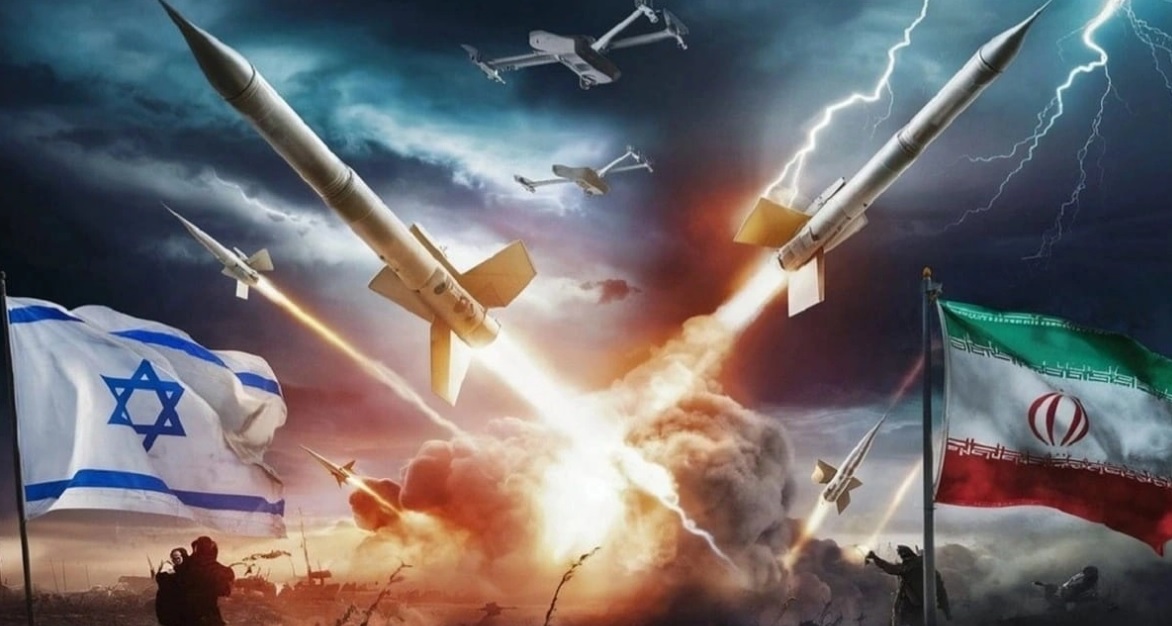 Pic.: publics
Pic.: publics
In attempting to spare the Middle East from Iranian aggression, Israel risks trapping it in a cycle of violent destruction and instability. In its own way, that poses an existential threat to Israel, too, ‘The Economist’ stresses.
For three decades, Israel’s prime minister, Binyamin Netanyahu, has warned that Israel’s gravest external threat is Iran. And no Iranian threat is graver than its programme to acquire a nuclear bomb.
Early on Friday June 13th, Mr Netanyahu at last acted on this conviction, dispatching wave after wave of Israeli aircraft to strike Iran. They attacked nuclear installations in Natanz, 300km south of the capital Tehran, as well as officials associated with the weapons programme. And they also killed the top echelons of the Iranian armed forces, including Mohamad Bagheri, the chief of staff.
(Iran responded with a series of missile strikes on Israel.)
However, Friday’s offensive is also a huge gamble. For one thing, the urgency may not be as great as Israel suggests. In March America’s intelligence chief, Tulsi Gabbard, said that Mr Khamenei had not reauthorised the weapons programme he suspended in 2003. Even after the attacks, Mr Trump continued to believe that there was scope for talks, calling on Iran to return to the negotiating table and strike a deal. Should Iran agree, a remote possibility, this could yet become a source of friction between America and Israel. Mr Netanyahu has never trusted Iran to abide by agreements to limit its nuclear programme.
The strike is also a gamble because of its potential regional and global consequences.
Iran could launch attacks on the Gulf states that are American allies or host American bases. It can still call on the Houthis, its proxies in Yemen. And it could also wage a campaign of terror against Israeli or Jewish interests around the world. If this descended into a regional war, there could be consequences for stability and — via oil prices — for the rest of the world.
But the main reason the strike is a gamble is that it may not work. Twice before, in Iraq in 1981 and Syria in 2007, Israel attacked nuclear-weapons programmes and successfully halted them. Iran’s effort is much more advanced and dispersed than those ever were. Its facility at Fordow, in Qom province, is safely hidden beneath a mountain. If, as some officials believe, that puts it beyond reach of Israeli munitions, Israel would require ground troops or American help to put it out of action. Even if physical infrastructure is destroyed, Iran has its own deposits of uranium. In the past few decades it has mastered the process of enrichment. Geology and knowhow lie beyond the reach of even American bombs. If the Iranian programme is restarted, it may return more virulent and threatening than ever.
The prospect is therefore that, within a few years, Israel and possibly America will be obliged to repeat the operation all over again. Each time will be harder than the last. Even in a world where the old rules are breaking down, an endless pattern of regular bombing raids on a sovereign nation would carry a heavy diplomatic and political cost. Eventually, repeated strikes could stretch America’s patience and inflame public opinion there, doing long-term harm to the alliance with America upon which Israel depends.
Israel will have to live with the paradox that Mr Netanyahu engenders. At a time when the Gulf states are offering a new vision of the Arab world built on the coexistence with Israel that comes from economic development, his eagerness to resort to conflict risks making their plans impossible.
In attempting to spare the Middle East from Iranian aggression, he risks trapping it in a cycle of violent destruction and instability.
In its own way, that poses an existential threat to Israel, too.
read more in our Telegram-channel https://t.me/The_International_Affairs

 11:15 15.06.2025 •
11:15 15.06.2025 •






















